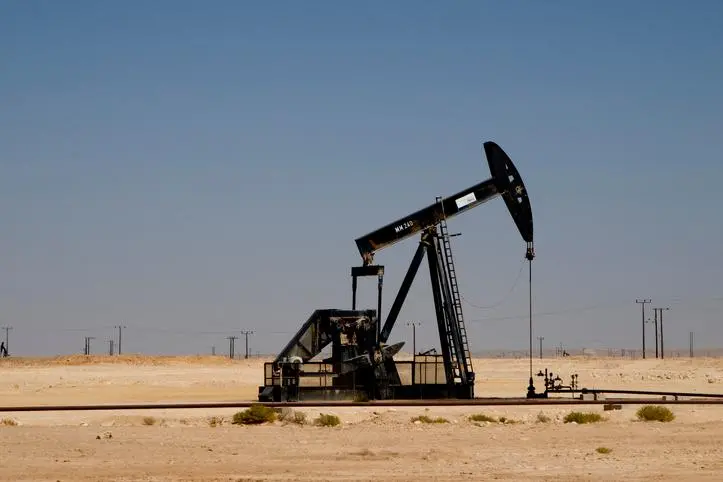PHOTO
Muscat – Oman crude price sharply dropped by 5.9% on Monday to their lowest level since January 2024, as fears of a recession in the US overshadowed concerns that escalating tensions in the Middle East could affect oil supplies.
The October delivery price of Oman crude oil contract, which is traded at the Dubai Mercantile Exchange (DME), closed at $74.55 per barrel on Monday, marking a sharp fall of $4.65 compared to Friday’s closing price of $79.20 per barrel, the DME data showed.
The DME data indicated that the average price of Oman crude for August delivery has stabilised at $82.50 per barrel, which is $1.39 per barrel lower than July delivery price.
After a major drop on Friday, oil prices continued to fall on Monday, with both global benchmarks Brent and WTI dropping to their lowest levels since January. The collapse in oil prices, which started on Friday, was driven by fresh US recession fears due to a weak July payrolls report.
On Monday afternoon, WTI had fallen by over 2.38% to $71.77 per barrel and Brent had dropped by 2.08% to $75.21 per barrel. Both benchmarks fell more than 3% on Friday, posting their fourth straight weekly declines in their biggest stretch since November.
Monday’s drop in oil prices marks the third consecutive day of decline, driven by investor concerns that the United States may be heading toward a recession, which has negatively affected the outlook for crude demand. Concerns over the US economy reverberated around the world on Monday, with Asian stocks tumbling and Japan’s Nikkei posting its largest-ever decline.
Analysts believe that demand concerns from China have been weighing on oil prices for quite some time, and fears of a recession in the US will only add to the downward pressure on oil prices.
The US economy added 114,000 jobs in July, significantly below market estimates of 176,000, according to figures released by the US Labor Department on Friday. Data fuelled worries that the US central bank could have been too late to ease its monetary policy, pushing the US economy into a recession.
Oil also came under pressure from a decision by the OPEC+ group of producers to stick to its plan to phase out voluntary output cuts from October, which means that supplies will rise later this year, analyst say.
(With inputs from agencies)
© Apex Press and Publishing Provided by SyndiGate Media Inc. (Syndigate.info).Anirban





















